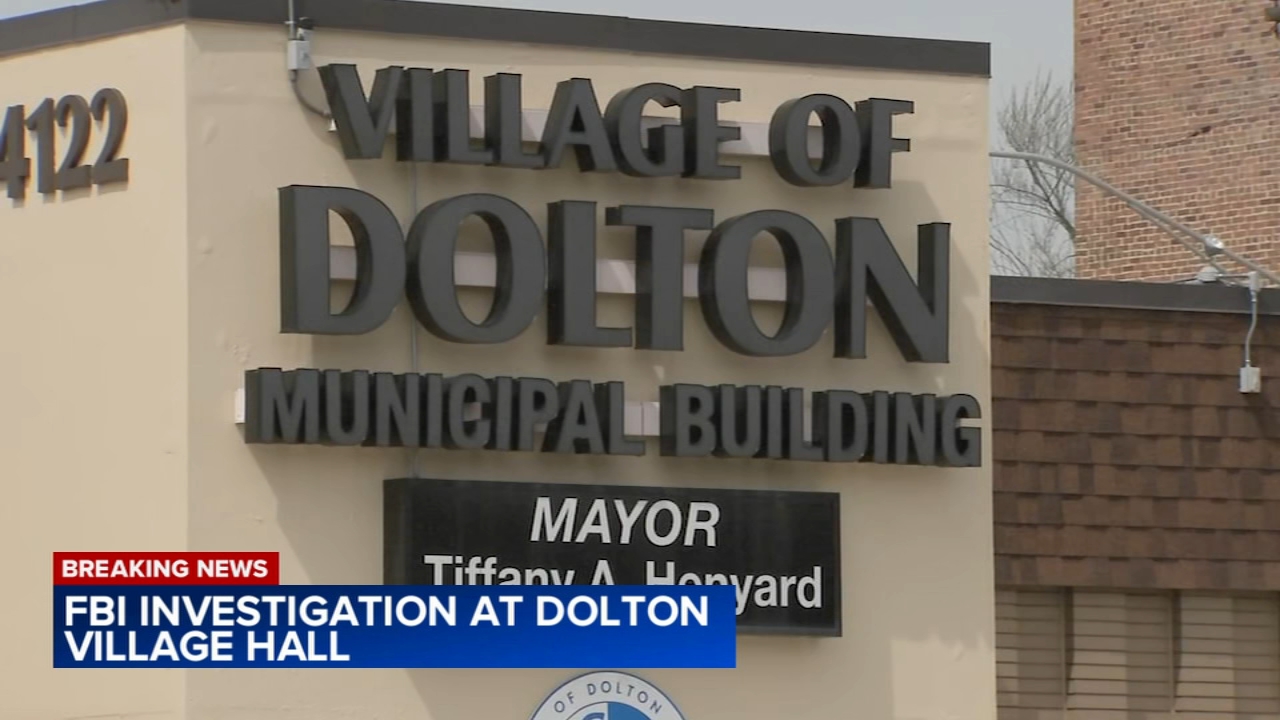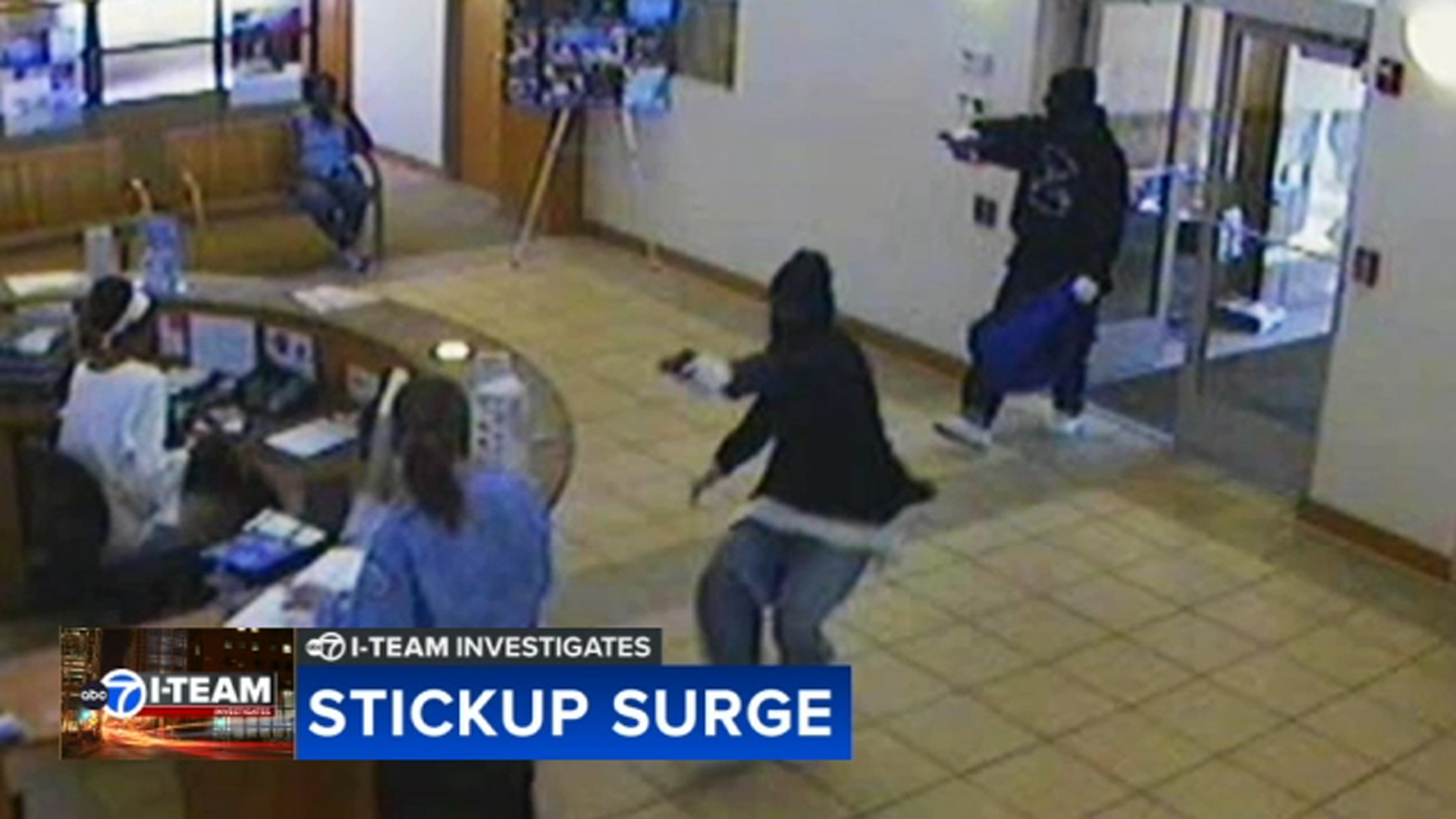Opioid overdose deaths spike amid coronavirus pandemic in Cook County: Chicago health officials

COOK COUNTY, Ill. (WLS) -- The pandemic is having a direct impact on overdose deaths due to opioid abuse, Chicago health officials say.
The city's department of public health said from January 1 to the beginning of May, the numbers have skyrocketed compared to the same period from the year before, when health authorities said felt they were starting to turn the corner on fighting opioid abuse.
Now, the numbers may show that the problem lies in the fact that the way to fight the coronavirus contradicts how to stop overdoses.
Fighting COVID-19 means isolation, but being alone promotes substance abuse for those who are vulnerable, especially those in the early days of recovery. The isolation strategy provides a predictable conundrum according to a leading addiction services provider.
"The interaction between COVID-19, the fear of COVID-19, and substance use and addiction are pretty much the worst combination I have seen in my career without question," said Dr. Thomas Britton, President and CEO Gateway Foundation.
In the first four months of 2020, EMS calls for opioid overdoses spiked 72% from the year before, according to Chicago Department of Public Health. At least 331 people died in that time, which is a 35% increase from 2019.
"People are scared that if they go to a treatment center they are going to develop COVID [and] if they go to outpatient, they are going to develop COVID," Britton said.
Britton's agency helps 9,000 clients per day, but since the pandemic hit in mid-March, the assistance has shifted primarily to video.
Despite moving online, there is an inevitable loss of effectiveness, and he said the drug pipeline has been altered by the pandemic.
"So the uncertainty of what you are using has increased dramatically," he said, "it has more fentanyl - 90% of the overdose deaths have fentanyl in them."
A Safe Haven, who has 25 facilities for addiction treatment in the Chicago region, stood up the first city-approved isolation center for the homeless battling addiction.
"To have people that are diagnosed with behavioral health care issues or opiate overdose issues, to a place that is actually designed to help them get on a path to recovery, jobs and permanent housing," said A Safe Haven Founder, Neli Vazquez Rowland about their efforts.
The doctor and administrator both believe opioid overdoses are only going to increase as the pandemic marches on. They say the answer is to remember services are still there to help, and people need to solicit care for the ones they love that they know have a problem.










